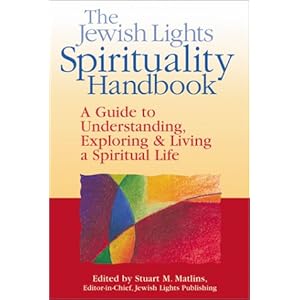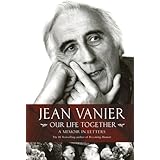I first came across the name of Caryl Micklem as the writer of a slim volume of "Contemporary Prayers for Church Worship", published in the 1970's. The book is long gone, as is the contemporary world for which the prayers were written. But the collection included the kind of prayers that required eyes open to the world in compassion rather than eyes closed in inner reverie. Intercessions were specific, ways of addressing God less consxtrained by tradition.
To lead a congregation in prayer is one of the most significant acts of service and humility before God and before the people. On this I am I guess, old fashioned. After all I still wear a tie both for the formality and for the joy of colour! But it is difficult to feel included when the person leading worship uses the first person singular – they are not leading us in prayer, but forcing us to overhear a private conversation. The unrehearsed, unconsidered outpouring of words and thoughts with blanks filled in with 'just' and 'Lord' and moving in and out of cliched devotion are not so much the outpourings of the heart, as what R E O White, my former College Principal once called, "pouring out the contents of your mental waste paper basket upon the heads of an unsuspecting congregation".
Geroge Macleod, whose small book of prayers "The Whole Earth is Full of His Glory", is in my view one of the most beautifully composed volumes around, spent as much time, and sometimes he confessed, more time, composing the prayers that would give voice to the spiritual longings, life hurts, celebrations and perplexities of a gathered community of believers, bowing their heads in worship. That kind of thoughtfulness is itself a pastoral discipline that requires the best of those who aspire to "lead" a congregation in prayer or in worship.
For such reasons, contemporary or not, I have always valued books of prayers, both those that can be used and acknowledged, and those that push us to think differently and with a larger horizon, those that stir imagination and open us up to the range of human experience so infinitely varied from our own – these are amongst the treasures of the church. And sometimes they are written as hymns, like the one below, also by Caryl Micklem. I can still say or sing this and feel that important things I might not have thought of, are now thought about in the presence of God who knows my heart, and my limits of thought and word!
Give to me, Lord, a thankful heart
And a discerning mind;
Give, as I play the Christian’s part,
The strength to finish what I start
And act on what I find.
When, in the rush of days, my will
Is habit bound and slow,
Help me to keep in vision, still,
What love and power and peace can fill
A life that trusts in you.
By your divine and urgent claim,
And by your human face,
Kindle our sinking hearts to flame,
And as you teach the world your name
Let it become your place.
Jesus, with all your church I long
To see your kingdom come:
Show me your way of righting wrong
And turning sorrow into song
Until you bring me home.
The photo was taken on Aberdeen beach one day when I pondered as I wandered.



